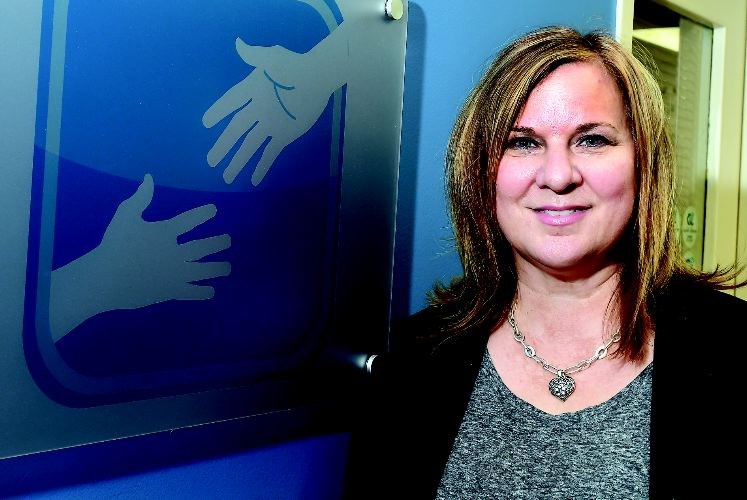The Crisis Prevention, Intervention and Information Centre of Northern B.C. has received two grants from the United Way of Northern BC.
One grant, in the amount of $18,000, goes to the 24-Hour Crisis Line and $7,500 goes to the Youth Crisis Line.
The Crisis Centre, a non-profit charitable organization, is the only crisis line that serves the northern region, which encompasses Haida Gwaii to the Alberta border and from Quesnel to the Yukon border. The centre operates 24 hours a day, seven days a week, 365 days a year.
There is a staff of eight and there are 40 volunteers.
"It's challenging to serve the whole north," Sandra Boulianne, executive director of the crisis centre, said.
"We've started to really branch out, delivering workshops all over the north, including youth workshops."
The centre's primary focus is the phone lines that provide support to those who are in crisis and need to speak with someone, she added.
"We believe it is the right of every individual, in their time of need, to have access to free, confidential, anonymous, and non-judgmental peer support and/or information and referrals," Boulianne said.
The centre offers crisis intervention, suicide prevention, education and confidential peer support. There were a total of 5,355 calls, including those taken on the 24-hour crisis line, 1800SUICIDE, and 310Mental Health Support.
Those callers needed help with mental health, loneliness, social isolation and those who had been wait-listed for counseling services. In the same time frame, there were 191 youth who accessed the youth crisis line for issues and to seek out referrals for further assistance.
The Crisis Centre extends services to reach youth in schools for suicide awareness and prevention offering a variety of workshops.
Volunteers receive extensive training to be properly equipped with a specific skill set to be able to speak to those in crisis.
"We don't judge, we don't give advice, we really try to empower the caller to come to their own conclusion but that's not to say that we just listen," Boulianne said. "We follow a model where we help them define the problem, we give acceptance, we explore options with them, and we try to plan with them. That's the beauty of the crisis line, it's there for people to talk about their issues, talk about their problems and even just blow off some steam and just rant if that's what they need to do and our training really helps us to be empathic and to listen actively."
Volunteers get more than 70 hours of training to become a crisis line worker, which includes three weekends of theory in a classroom setting. That includes crisis intervention, acceptance, empathy, and communications skills while going into specifics like abuse, addictions, mental health, homelessness, loss and grief.
After classroom theory, volunteers go into sessions of practice calls with trainers using newly acquired skills. The next step includes shadowing an experienced volunteer taking real calls and then they can start answering phone calls as they are being supervised. After that there is one more practice call with a supervisor, a review and then they can volunteer to answer calls.
The Crisis Prevention, Intervention and Information Centre of Northern B.C. also has a 24-hour Youth Crisis Line and volunteers between the ages of 16 and 21 also receive the same training as the adults do for the crisis line.
There is also crisis chat and texting between 4 and 10 p.m. every day that is available as that is the preferred method of communication for youth, Boulianne added.
For more information visit www.northernbccrisissuicide.ca/.



